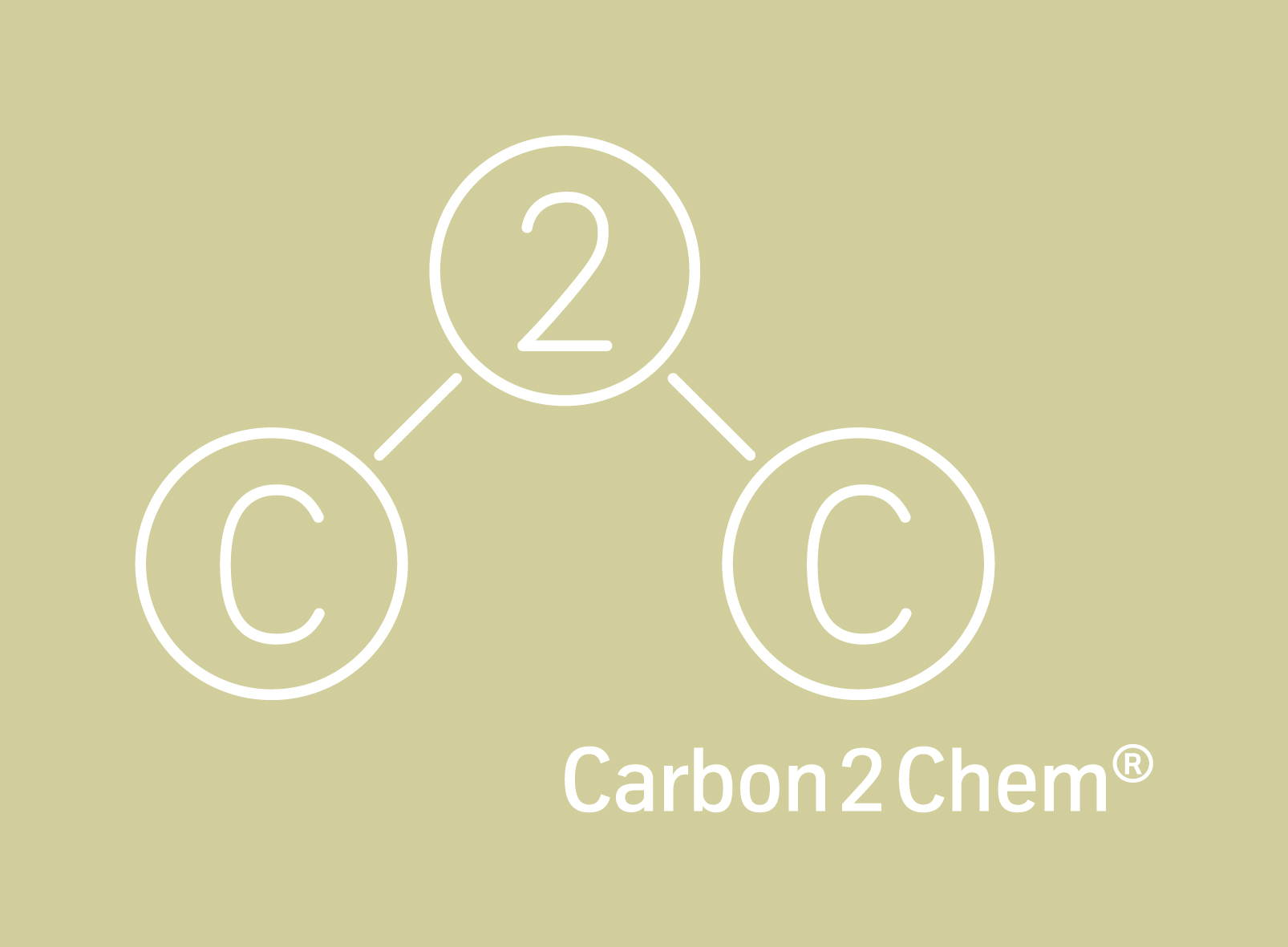Carbon management
"Carbon Dioxide Capture and Utilization" (CCU) on the way to industrial implementation
Using CO2 from process gases in industries as a carbon source for the synthesis of chemical products – this was the goal of the Carbon2Chem® joint project launched in 2016. At the 7th hybrid conference on sustainable chemical conversion in the industries on 25 and 26 September, the researchers will present everything that has been achieved so far on the way to the industrial implementation of "Carbon Dioxide Capture and Utilization" (CCU) both on site in Berlin and online.

The first day of the event will start with a keynote speech by the overall coordinators of the joint project: Prof. Robert Schlögl, Prof. Görge Deerberg and Dr. Markus Oles will review the research work of the past eight years and focus on important milestones. Dr. Cetin Nazikkol (thyssenkrupp AG) will then take to the podium and present the importance of "Decarbon Technologies" and Carbon2Chem® for thyssenkrupp. Dr. Tina Buchholz (VCI) will then present the chemical industries' view of CCU and open questions regarding its implementation. Ministerialdirigent Stefan Müller will then give an overview of energy research at the German Federal Ministry of Education and Research (BMBF), the sponsor of Carbon2Chem®.
The other presentations and discussion rounds will focus on the framework conditions for climate-neutral industries in Germany, what the development work at Carbon2Chem® looks like in concrete terms and what can be expected in the next phase of the joint project. One focus will be on the challenges of different CO2 sources in the realization of CCU.
The second day of the event will go into more detail. First, the presentations will focus on system integration – basically the bracket that links all project results into an overall concept and evaluates and optimizes them with the help of modelling and simulation. The consortium from science and industries will present key elements and results of Carbon2Chem® in more detail in the thematic blocks "CO2 sources and hydrogen", "Analytics and gas treatment" and "Syntheses and products".
In doing so, the researchers repeatedly make the link to application – be it by looking at implementation in the lime industry or at the pilot plant for methanol production. This plant went into operation in June 2023 in the Carbon2Chem® technical shop at the thyssenkrupp Steel Europe steelworks in Duisburg and is operated as a reality check with gases from ongoing steel production. A process that has been tested on a laboratory scale in the technical shop since 2018.
The conference's supporting program invites participants to exchange ideas with the scientists. At the poster exhibition and the theme islands, participants can find out about the various research focuses and results of Carbon2Chem® in direct discussions. At the interactive table, the linking of technology modules provides the opportunity to get to know the solutions developed in the joint project even better. The challenges of optimizing the control of a cross-industrial system can be understood with the interactive demonstrator, and last but not least, there is the opportunity to take a closer look at the eMethanol car developed in the project during a test drive.
The complete program of the event can be found at https://carbon2chem.live. Participation is free of charge and can take place either in Berlin (EUREF-Campus) or online. Registration is possible at https://s.fhg.de/Qw98.
BACKGROUND INFORMATION
Since 2016, 22 partners from industry and science have been researching the implementation of a cross-industry network for the manufacture of products from CO2 in the Carbon2Chem® joint project. Upscaling the developed processes to technical shop and, in some cases, industrial scale was the focus of phase 2 of the joint project, which ended in 2024. Carbon2Chem® is jointly coordinated by Fraunhofer UMSICHT, thyssenkrupp Carbon2Chem GmbH and the Max Planck Institute for Chemical Energy Conversion (MPI-CEC). The project is funded by the German Federal Ministry of Education and Research.
Last modified:
 Fraunhofer Institute for Environmental, Safety and Energy Technology UMSICHT
Fraunhofer Institute for Environmental, Safety and Energy Technology UMSICHT